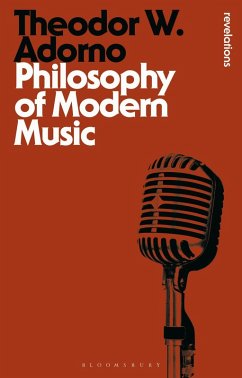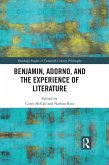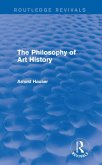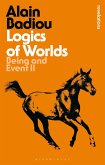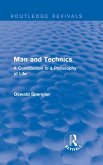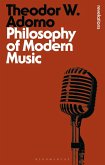In this classic work of music theory Adorno critiques two major composers, Arnold Schoenberg and Igor Stravinsky, who he presents as dialectically opposed to one another in terms of their musical styles, techniques and directions. Adorno's readings, especially of Schoenberg, continue to cause controversy and disagreement among musicians, music lovers and philosophers today. As always with Adorno, a wide range of social cultural, philosophical and political questions are raised in the process of his critique making the reader see the form and function of music in startling new ways. The book also covers other renowned composers including Wagner, Bach and Mozart. This is landmark work of philosophy that has shaped the way we think about music today.
Dieser Download kann aus rechtlichen Gründen nur mit Rechnungsadresse in A, B, BG, CY, CZ, D, DK, EW, E, FIN, F, GR, HR, H, IRL, I, LT, L, LR, M, NL, PL, P, R, S, SLO, SK ausgeliefert werden.

